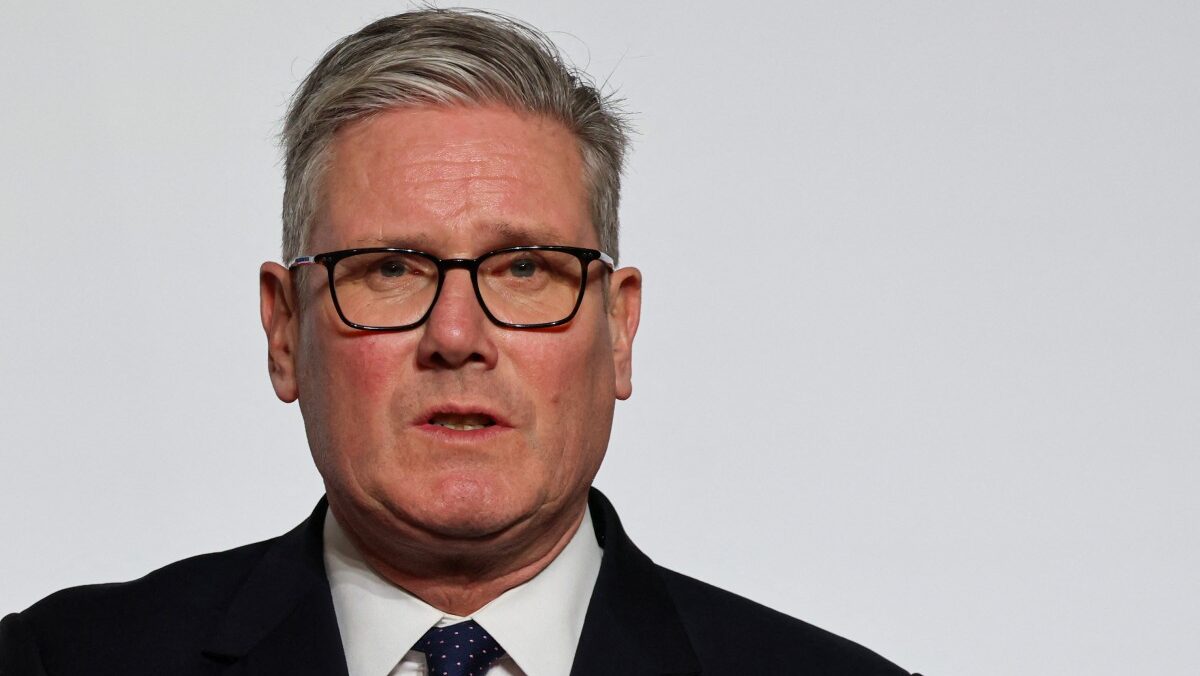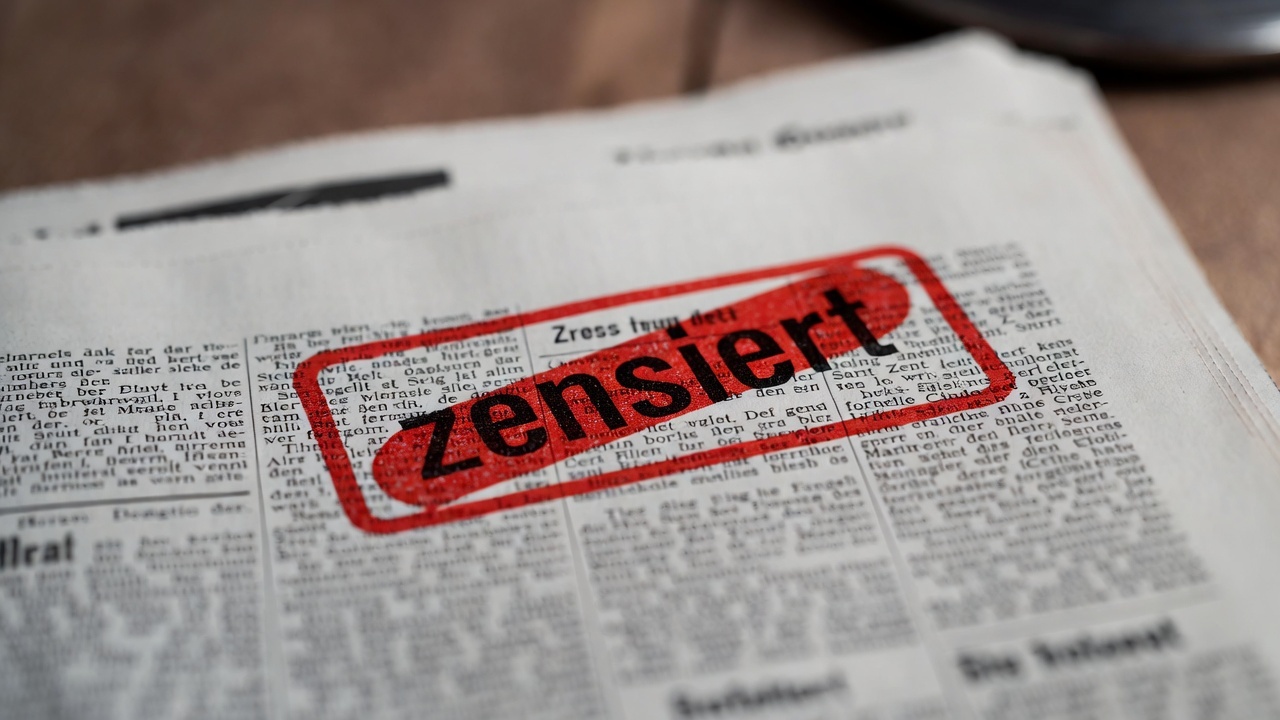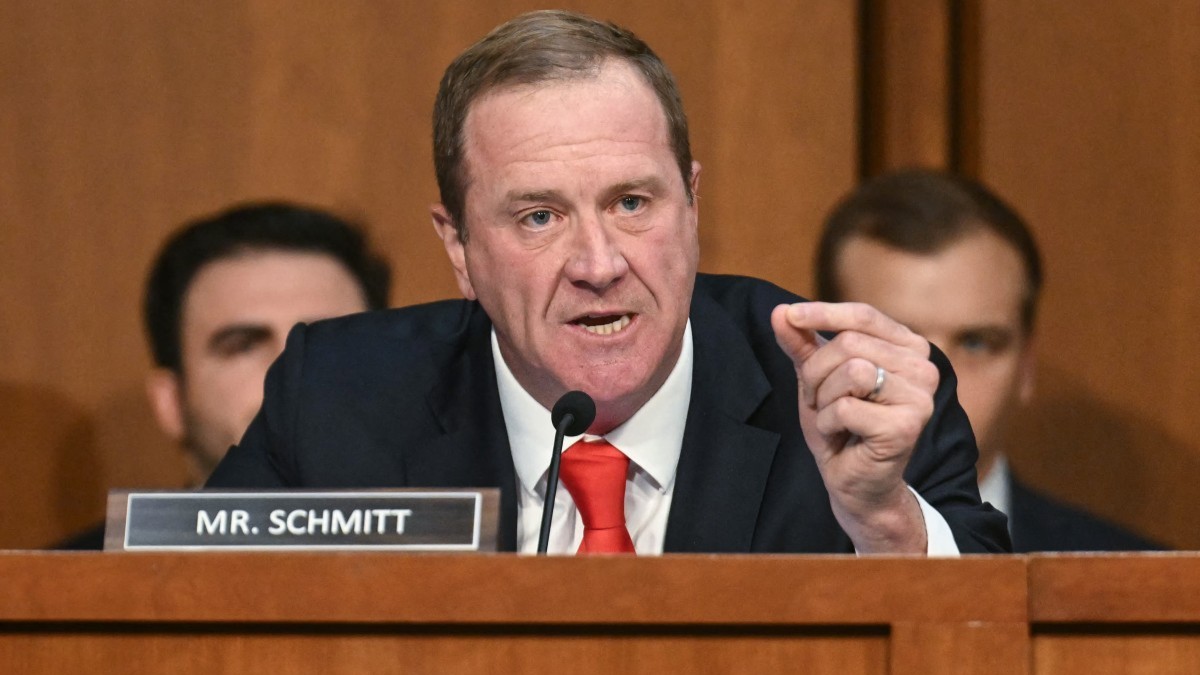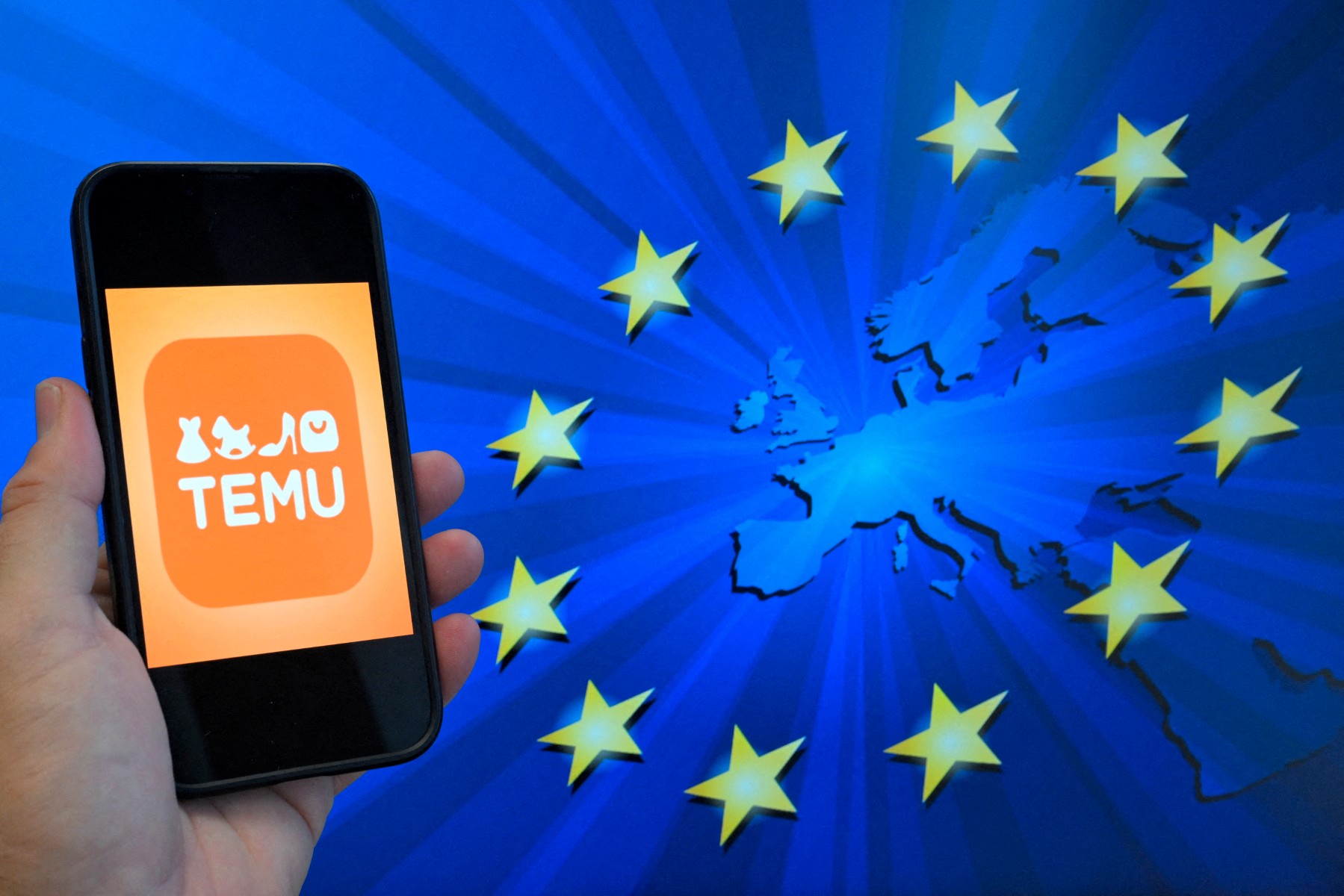
Polish President Blocks Implementation of EU Digital Law Over Free Speech Concerns
The veto threatens Poland with EU legal action and deepens a political standoff in Warsaw over how to regulate online content.

The veto threatens Poland with EU legal action and deepens a political standoff in Warsaw over how to regulate online content.

The UK could block Brits from using X unless it removes generative AI functions that can create pornographic images.

A row over an AI tool is revealing how aggressively the EU wants to shape online debate—and who gets to push back.

The government is advancing legislation on political advertising that would significantly expand the inspection powers of the digital regulator.

According to Eric Schmitt, “foreign bureaucrats are using extraterritorial leverage to impose a new global censorship regime.”

Washington warned of possible countermeasures against European companies, including Accenture, Capgemini, DHL, Mistral, SAP, and Spotify.

Chinese e-commerce giant facing scrutiny for alleged subsidy rule breaches, with Brussels snoopers citing the Digital Services Act against it.

Tensions escalating: U.S. officials accuse Brussels of targeting American tech companies—X insists the Commission misused a loophole in its ad system.

How does Brussels still delude itself into believing there is no free-speech crisis in Europe?

Following regulatory pressure, Facebook and Instagram users will now apparently see fewer personalised ads.